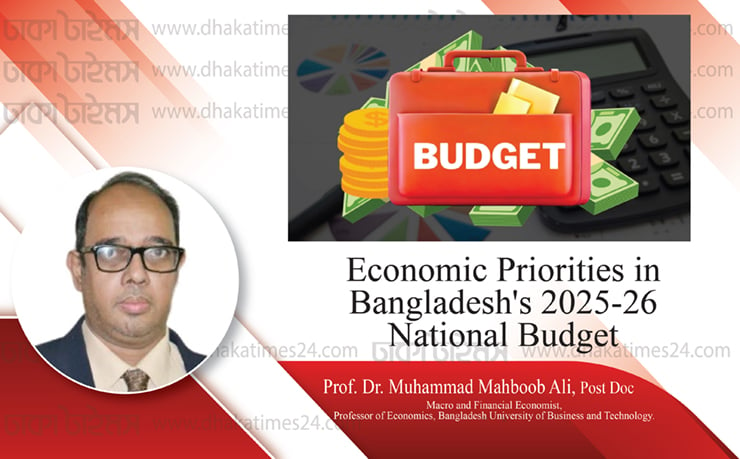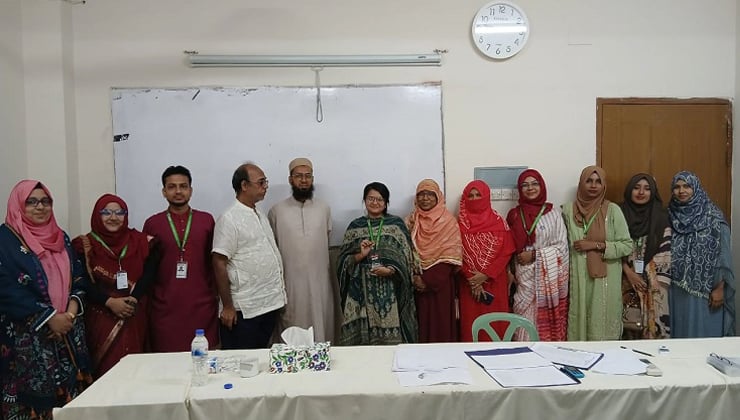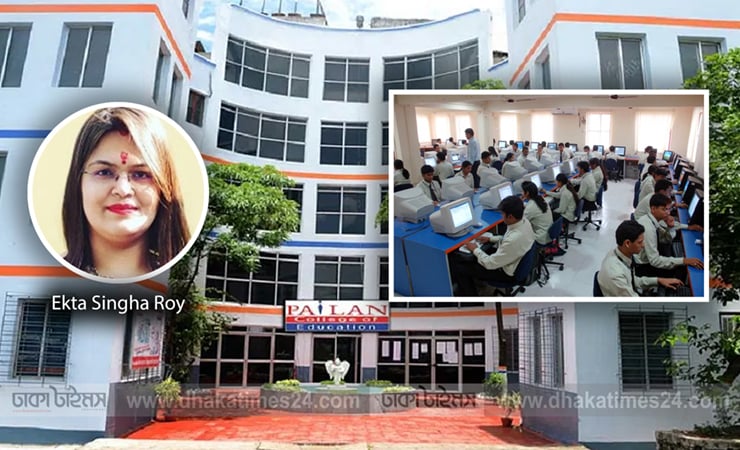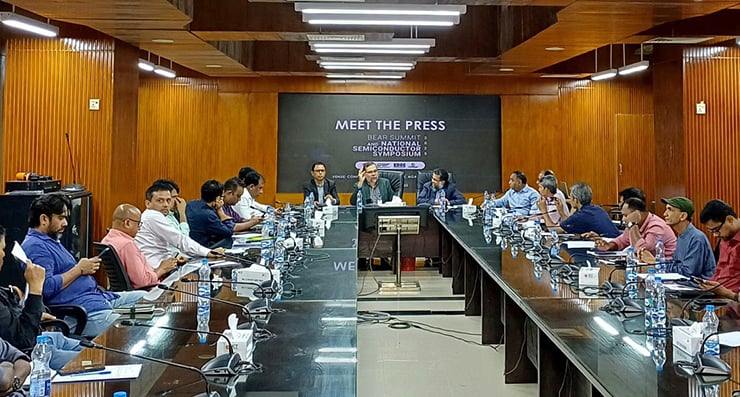From Cumilla to Global Influence: The Contributions of Prof. M. Kabir Hassan in Islamic Finance and Development Economics
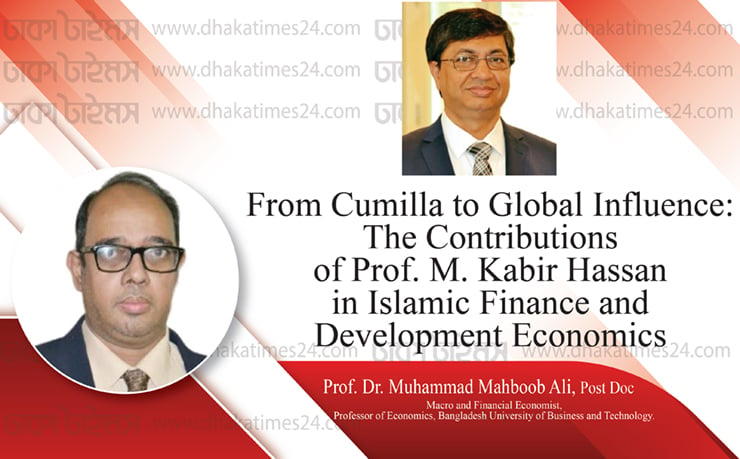
Professor M. Kabir Hassan has significantly impacted Islamic finance, development economics, and financial stability through his extensive research. Born in Cumilla, Bangladesh, Prof. Hassan was influenced early on by a family that valued education and ethical principles, shaping his scholarly approach in financial economics, Islamic banking, and general equilibrium theory. His early life in a transitioning society provided insights into critical economic issues such as asymmetric information, credit constraints, and institutional inefficiencies, which later became central themes of his research.
Educational Background
Prof. Hassan excelled academically, ranking first in both SSC and HSC examinations in the Comilla Board. He obtained his BA in Economics and Mathematics from Gustavus Adolphus College (1987), an MA in Econometrics (1989), and a PhD in Financial Economics (1990) from the University of Nebraska–Lincoln. His doctoral work focused on game-theoretic empirical models in banking regulation.
Professional Contributions
Throughout his career, Prof. Hassan has made numerous significant contributions:
· Early Career (1990s): Researched credit market dynamics, particularly asymmetric information issues affecting SME financing.
· Mid-Career (2000s): Developed stochastic frontier models assessing Islamic banking efficiency and related cost implications.
· Mature Phase (2010s-Present): Advanced DSGE models integrating Islamic finance, advising central banks globally on financial stability frameworks.
Theoretical Innovations
Prof. Hassan’s research encompasses four main areas:
1. Financial Development and Economic Growth He explored institutional quality's moderating role in the finance-growth relationship, employing threshold regression models and innovative econometric methods.
2. Efficiency in Islamic Banking His studies revealed efficiency disparities between Islamic and conventional banks, influencing international banking standards, notably within Basel regulatory frameworks.
3. Social Welfare through Waqf Prof. Hassan highlighted Waqf assets' superior social returns compared to commercial ventures, recommending policy incentives to leverage Waqf-based microfinance for poverty alleviation.
4. Political Economy of Financial Stability His principal-agent models demonstrated how politically influenced lending impacts financial stability, advocating for increased transparency and whistleblower protections.
Global Recognition
Prof. Hassan has an exceptional academic impact with over 43,000 citations and an h-index of 95, placing him among the leading financial economists globally. His work has significantly influenced policy decisions in major financial institutions worldwide.
Doctoral Supervision
At the University of New Orleans, Prof. Hassan has successfully supervised 91 PhD students since 1990. His graduates have secured prestigious academic and policy positions, reflecting the high quality and relevance of their training. Notable alumni have contributed significantly to Islamic banking, economic growth models, and international economic policy.
Policy Recommendations and Institutional Impact
Prof. Hassan’s research has practical implications, proposing actionable strategies to enhance financial stability, ethical governance, and economic inclusion. His recommendations include establishing protective legal frameworks, adopting innovative financial technologies, and implementing ethical standards in banking curricula.
Editorial Leadership
Prof. Hassan has significantly enhanced the quality and global visibility of academic journals. Under his editorship, journals such as the International Journal of Islamic and Middle Eastern Finance and Management experienced substantial improvements in their impact factors and scholarly influence.
Recognition and Honors
Prof. Hassan has received numerous awards, including the Islamic Development Bank Prize in Islamic Banking and Finance. Proposals for further recognition in Bangladesh include awarding him the Ekushey Padak and establishing endowed chairs and research centers in his honor.
Advocating for National Recognition
Professor M. Kabir Hassan’s contributions to Islamic finance, development economics, and financial stability have had profound implications both in Bangladesh and across the global financial landscape. Born and raised in Cumilla, Bangladesh, Professor Hassan’s intellectual journey was profoundly influenced by his early education under the guidance of eminent scholars, notably including my late father, Professor Mobashar Ahmed—a renowned authority on Kazi Nazrul Islam's works. This connection, rooted deeply in intellectual rigor and cultural enrichment, shaped Professor Hassan’s early formative years, instilling values of ethics, education, and scholarly excellence that would characterize his distinguished academic career.
Professor Hassan’s remarkable career trajectory—from ranking first in the SSC examination at Cumilla Zilla School and subsequently topping the HSC exams at Comilla Victoria College, to becoming an internationally acclaimed economist—exemplifies a dedication to scholarship, resilience, and an unwavering commitment to advancing knowledge. With a prolific publication record, over 43,000 citations, and groundbreaking contributions in Islamic banking, financial inclusion, and economic stability modeling, his work has been transformative in reshaping economic paradigms.
His theoretical advancements, notably in Islamic banking efficiency and financial stability, have directly influenced policy frameworks in major institutions such as the Basel Committee and numerous central banks globally, including Bangladesh Bank. Furthermore, as an educator, Professor Hassan has mentored an extraordinary number of Ph.D. students, effectively generating a new generation of scholars who continue to extend his legacy worldwide.
Recognizing Professor Hassan’s contributions is imperative not only to honor an extraordinary scholar but also to inspire future generations in Bangladesh. His legacy could be sustained through several meaningful actions:
Awarding the Ekushey Padak: It is recommended that Professor M. Kabir Hassan be awarded the Ekushey Padak, Bangladesh’s prestigious national honor, as an acknowledgment of his significant contributions to economics and international scholarship. His selection would highlight the nation’s commitment to academic excellence and intellectual leadership.
Establishing an Endowed Chair: To perpetuate Professor M. Kabir Hassan’s intellectual legacy and further his significant contributions to financial knowledge, it is strongly recommended that he be appointed as the inaugural holder of the “Chair in Development Finance and Islamic Economics” at a prestigious Bangladeshi institution such as the University of Dhaka or the Bangladesh Institute of Bank Management (BIBM). This endowed chair would serve as a hub for pioneering research, policy formulation, and advocacy in the fields of Islamic finance and development economics, enhancing Bangladesh's academic reputation globally.
Bangladesh Bank Award: In recognition of his extraordinary contributions to economic development and groundbreaking research in Islamic finance and financial stability, it is also proposed that Professor Hassan be honored with the prestigious Bangladesh Bank Award for Lifetime Achievement. This award would aptly acknowledge his influential research, extensive advisory roles, and sustained impact on economic policy both domestically and internationally.
In a more personal context, Professor Hassan’s academic lineage, tracing back to mentorship from prominent figures such as Professor Mobashar Ahmed, illustrates a beautiful intergenerational transfer of knowledge and wisdom. By recognizing Professor Hassan through these honors, we not only celebrate his academic achievements but also pay tribute to the foundational education and mentorship from distinguished Bangladeshi educators who inspired him from an early age.
Through these recommended measures, Professor Hassan’s unparalleled legacy can be preserved, celebrated, and utilized as an enduring inspiration for scholars, policymakers, and future generations across Bangladesh and beyond.
Writer: faculty member in Department of Economics, Bangladesh University of Business and Technology (BUBT) and former Vice Chancellor, Presidency University, Dhaka.
 ঢাকা টাইমস অনলাইন এর সর্বশেষ খবর পেতে Google News ফিডটি ফলো করুন
ঢাকা টাইমস অনলাইন এর সর্বশেষ খবর পেতে Google News ফিডটি ফলো করুন
মন্তব্য করুন



